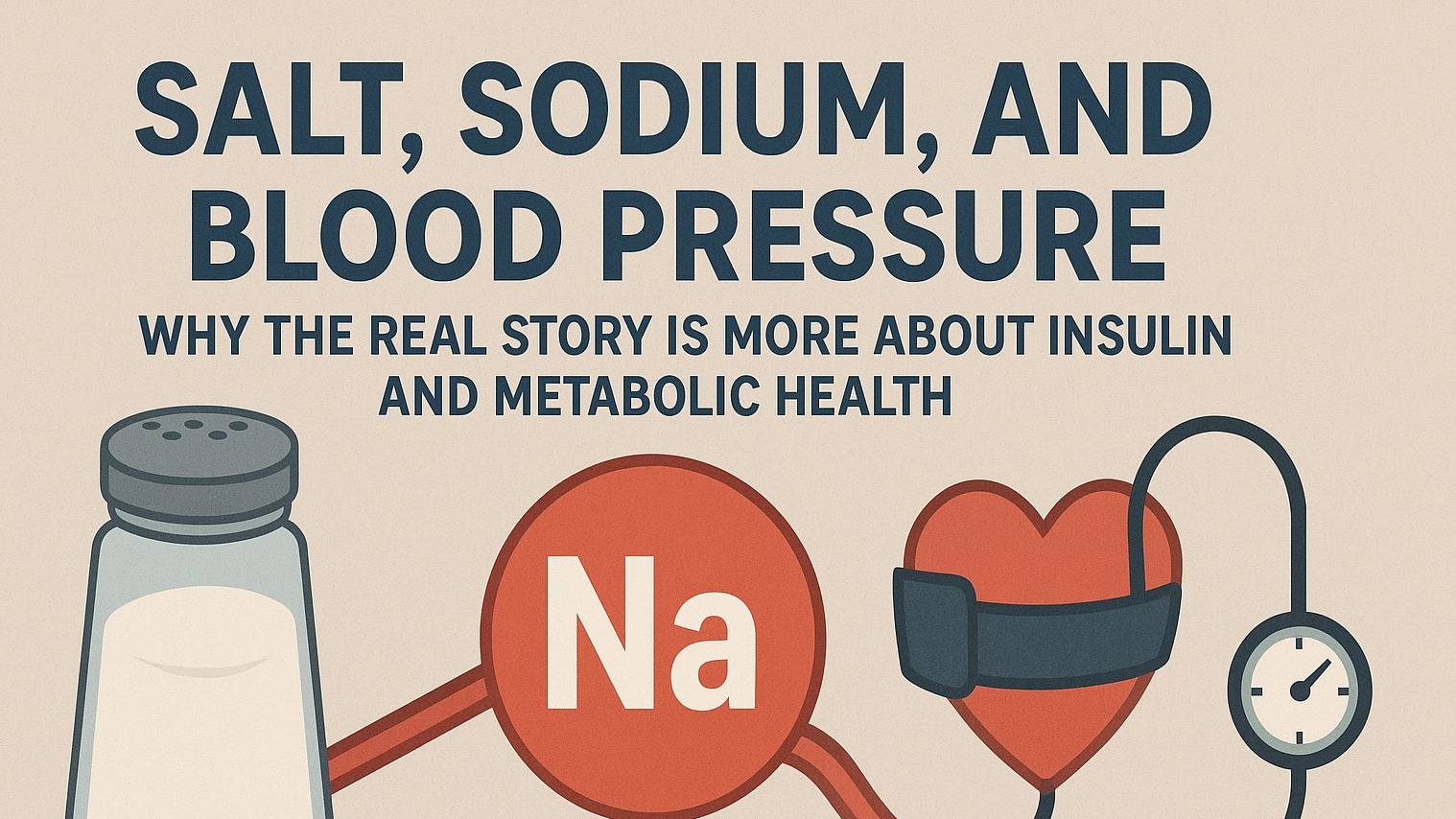
Your First Day of Boot Camp Was Amazing, But the Morning After… Not So Much
Hey girl! You crushed that boot camp workout yesterday, but waking up feeling like you’ve been hit by a truck? Not so fun. Don’t worry, though—we’ve got your back! Let’s dive into how to ease those sore muscles and get you back on your feet in no time.
Why Do Our Muscles Get Sore?
First things first, soreness is totally normal! Whether you’re a fitness newbie or a seasoned athlete, anyone can get sore muscles. This is known as DOMS—delayed onset muscle soreness. When you push your muscles in new ways, you create tiny tears in the muscle fibers. This might sound scary, but it’s actually how your muscles get stronger. So, embrace the soreness as a sign of progress!
According to research published in the Journal of Strength and Conditioning Research, DOMS typically peaks 24-72 hours after exercise and is a sign that your muscles are adapting to your new fitness routine.
Who Can Experience DOMS?
Like we said, everyone can experience DOMS. It’s a temporary discomfort, especially if you’re trying a new workout or upping the intensity. The more you do it, the less it will hurt. Trust us, your muscles will get used to it!
How Long Does DOMS Last?
DOMS usually kicks in one to two days after your workout and lasts about three to five days. The severity can vary, but hang in there—it’s just a phase! According to a study in the Journal of Applied Physiology, muscle recovery is faster with proper post-workout care and nutrition.
When Should You See a Doctor?
Most of the time, you can handle sore muscles on your own. However, if the pain sticks around for more than a week, gets worse, or comes with swelling and severe pain, it might be time to check in with your doctor. Better safe than sorry!
Preventing Muscle Soreness (Yes, It’s Possible!)
Get a Massage
Who doesn’t love a good massage? It helps with muscle recovery and feels amazing. Research from the International Journal of Sports Physical Therapy shows that massages can reduce DOMS and improve muscle function. But if spa trips aren’t in the budget, grab a foam roller. Roll out those tight spots and feel the relief.
Eat the Right Food
After a killer workout, your muscles are hungry for nutrients. Fuel them up with a protein-packed snack within 30 to 60 minutes post-workout. Think protein shakes, nuts, or even a yummy smoothie. Your muscles will thank you!
A study published in the American Journal of Clinical Nutrition found that consuming protein and carbohydrates immediately after exercise significantly enhances muscle repair and growth.
Stretch It Out
Warm up, cool down, and stretch. It’s that simple! Stretching increases your range of motion and helps you recover faster. Hold each stretch for 30 to 60 seconds and breathe deeply.
According to the Journal of Athletic Training, proper stretching can reduce the risk of injury and improve overall flexibility.
Beauty Sleep
Getting enough sleep is crucial. While you’re catching Z’s, your body is busy repairing those muscles. So, make sure you’re getting your beauty sleep, especially after a tough workout. The Sleep Medicine Reviews journal highlights the importance of sleep for muscle recovery and overall health.
Pamper Yourself
Self-care isn’t just a buzzword—it’s essential! Take a relaxing bath, watch your favorite show, or meditate. Stressing less means your body can focus more on recovery.
How to Relieve Sore Muscles (Even If You’re Already Sore)
Stay Hydrated
Water is your best friend! Staying hydrated helps reduce muscle soreness and speeds up recovery. Keep a water bottle handy and sip throughout the day.
Research in the Journal of Athletic Training emphasizes that proper hydration is key to reducing muscle cramps and soreness.
Protein Power
Incorporate protein into your meals to aid muscle repair. Aim for about 2 grams of protein per kilogram of body weight. Think lean meats, tofu, beans, and dairy.
A study in the Journal of the International Society of Sports Nutrition found that adequate protein intake is vital for muscle recovery and growth.
Keep Moving
It might be tempting to lounge around, but light movement can actually help. Gentle activities like walking or light chores keep the blood flowing and aid recovery.
Gentle Stretches
Light stretches can ease tightness and improve your range of motion. Stick to easy, gentle stretches to avoid worsening the soreness.
Heat and Ice Therapy
Listen to your body! Ice can reduce swelling, while heat can ease tension. A warm bath or ice pack can do wonders.
Summary
Boot camp fitness is a fantastic full-body workout, but it can leave you sore if you’re not used to it. Remember, soreness is a sign of progress! With the right post-workout routine—hydration, proper nutrition, sleep, light activity, and self-care—you’ll be back to feeling fabulous in no time. So, keep pushing, keep smiling, and let’s conquer those workouts together! ??
 Add Row
Add Row  Add
Add 










Write A Comment